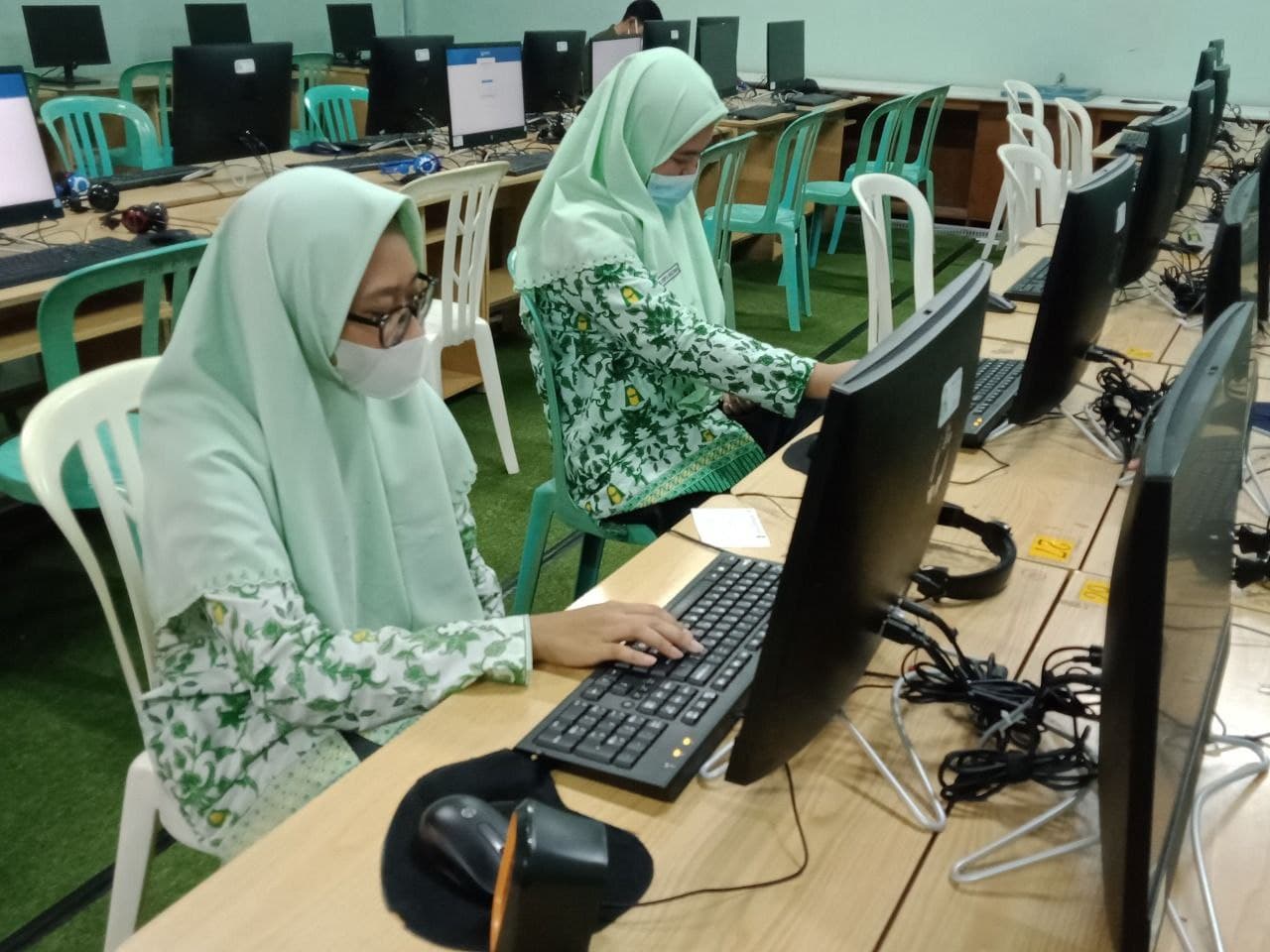Every age has its own uncertainty. Some of these ages are credited as a determinant phase for mankind’s civilization. And those uncertainty demanding humans to acquire a science that may fit to overcome the challenges at their hands.
In the classical period of Islam, people needed mathematics, astronomy, and any similar discipline to decide, for example, when the praying time came, when Ramadhan took place and many more. Without those sciences, no compulsory religious rituals could start―of course, they observe and find things with the equipment less advanced in terms of operational and accuracy.

These sciences are necessary due to the absence of basic technology, namely modern clock or well-distributed astronomical products for civilians. But, of course, the contemporary clock was just invented a few hundred years later. In other words, praying was almost entirely impossible to do without mathematics or astronomy at that time. This contrasts with the current condition, where praying may not be possible to stand without Safinatunnajah or Fasholatan (Fiqh).
In other words, a science or a cluster of science could flourish to overcome the uncertainty of an age. Nevertheless, a certain kind of media development was also an additional factor for the Spring of Sciences. In the context of the classical period of Islam, the paper took an important role and mere the backbone of civilization. This was inevitably supplied by the existence of the Silk Road, which barely laid from Maghrib, Egypt, Syria, Bukhara, India, to China.
So be writing as the significant tradition for people in the classical period of Islam―besides similar activities such as contemplating, reading, and learning. Moreover, paper made people able to notify their peers, loved ones or family members. However, the address still remains a particular facility for a small number of people (indeed, it was a mismatch if we juxtapose civil administration in feudal-Khalifah era and the modern-democratic one).
And it is paper that also made a science, a cluster of sciences, or a thought possible to spread or travel across regions. However, we have to admit that the breadth of its exposure was not as massive as the upcoming printing press era (sure, book publishing in both periods is incomparable in their process).
By the absence of the urgency to solve challenges and the inexistence of well-established paper infrastructure (transport access, number of production and circulation in a region), transliteration of Greek volumes to the Arabic language may not happen, and science may not spring.
Similar fate―with a less-much difference in some aspect―also took place in Europe a few hundred years later, after the dim of Islamic Golden age. But, again, the trigger is none but Gutenberg’s printing press. Since then, a massive volume from the Arabic hemisphere was massively converted to the European tongue and extensively distributed―more expansive than the previous era.
Arts, philosophy, literature, and social humanities suddenly bloomed in Europe and ignited, which historians called with, Renaissance, Enlightenment, Aufklarung or whatever name it. But then, time changed, and the motor of civilization moved from Muslim society to Europe, with modernity followed by the near time later.
It is in the modern age which many Muslim countries suffered from European colonialism. Nevertheless, the spirit of science stuck, much energy invested in rebutting the mesmerizing achievement of Enlightenment, whether theologically, philosophically or sociologically, and carving scientific jealousness among Muslim society that persists today.
From at least, 19th century to the mid of 20th century, there is no tremendous scientific spirit among Muslim societies to cope with the problems of the age. No profound usage of Media of the Time, let say telegraph or postal line, to enhance the scientific work from Muslim society. This was due to their need to recover themself from the colonial effect the Europeans left, ideologically and politically.
Entering the late 20th century, when technology has grown at an incomparable pace than before, many Muslim societies became susceptible to drown as the object of globalization. But, unfortunately, modernization turns Muslims to be more consumerists. Sociologically speaking, it stems from the increasing rate of industrialization and economic improvements, followed by the rising tides of the Muslim middle-class.
It took place while television, as the Technology of the Age, occupied the global audience. However, television is entirely in contrast to paper in its character. Paper supports well-composed, long, and rigorous arguments or explanations, which made knowledge-management skills became the character of society. Television is more fragmented, snappy, and incoherent in its content. Subsequently, television leads to―of what cultural critics said―the trivialization of the mind. Our cognitive ability is more delighted with the purposeless information than the rigour or the essential one.
In the modern-day late 20th century, consumerism and television successfully stripped away scientific curiosity from Muslim society, which made us more intense on consuming, debating, or competing for religious products than humanitarian or universal ones. Spirit of partisanship, spike. And it is pass-through to the digital age.
Since the beginning of the digital age, we have witnessed eerie hate speech, demagoguery, grumpy mass-mob, fact-spin, and many other nefarious deeds polluting our religious discourse online. It is, however, inseparable from the absence of scientific curiosity and our hyper-enthusiast on the narrative of The Great Beyond articulated by the black-market preacher―those who are coming from instant learning.
Hundred years passed, and the coin flipped. We were once curious about science and relying our work on media (paper). Still, then it lost and control of our mind, which was co-opted by fast-growing digital media. And it is before asking, how much scientific work we published on the digital media, compared to the righteousness one?







science without religion is lame. Religion without science si bland. Congrats…!
ups…not bland but blind😝
ups…not bland but blind 😝